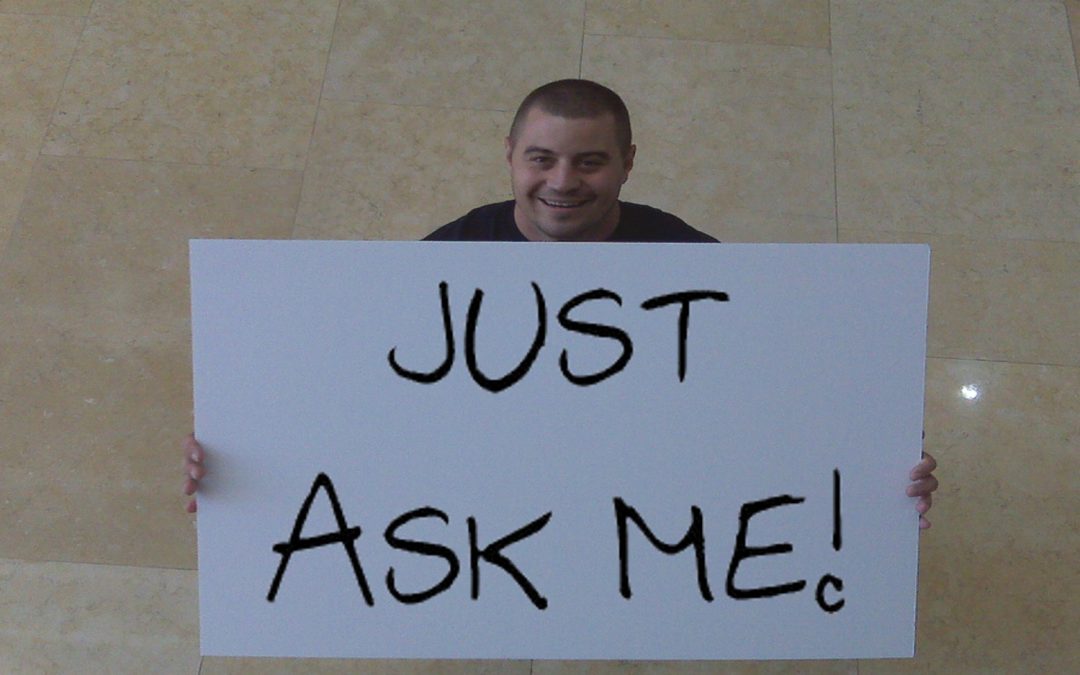This post is adapted and updated from a post originally shared on 3-24-2015
So much has been written and discussed in nonprofit circles about what motivates today’s volunteers. The chance to use or gain skills, to make a tangible difference in a community, to support a passionate cause, networking or social benefits, and so much more. Rarely, however, do we step back and reflect on how and why we volunteer (or even if we, as nonprofit professionals and leaders, volunteer ourselves). I often reflect on my own motivations to volunteer – and that reflection has value to our own career and our own practice.
I volunteer in different ways and for different organizations and causes. Like many people, I have a few volunteer roles I fill ongoingly (with regular meetings or obligations over a long term commitment) – and other ways that I volunteer more episodically. Each volunteer role is different and I have different reasons for investing my time in each. For example, one of my longer term, ongoing volunteer positions is as an advisory board member for a museum at a local university. This three-year commitment required me to attend monthly meetings, plus attend events and occasional committees. Here’s the rub: The museum is not nearby. Getting there takes at least an hour, when there’s no traffic or construction. Why did I drive 60-90 minutes each way the first Wednesday of each month to get to an 8:30am meeting in Boulder, CO? Because I started my career in museums. I love museums, I love science, and I thoroughly enjoy working with other museum professionals. This opportunity briought me back to my roots in museums and museum studies (I have also been an adjunct professor in a museum studies program – so I enjoyed being back in the university setting). Most importantly, I believe my experience in museums and volunteer engagement was valued among my fellow advisory board members and the museum staff.
An even longer term commitment has been contributing to the planning of the strategic volunteer engagement track at Points of Light’s Conference on Volunteering and Service. For more than four years, this opportunity involved attending meetings and review of materials – and I have remained involved for two primary reasons: I want to give back to our field and I enjoy collaborating with other leaders of volunteer engagement across the country. Additionally, I have volunteered on national task forces as follow up to the 2017 National Summit on Volunteer Engagement Leadership and on the Service Enterprise curriculum committees.
When I am asked to sit on various committees and boards, why have I selected these particular opportunities to pursue? These examples tap into my passion for nonprofits and volunteer engagement, utilize and strengthen my professional skills, and enable me to give back meaningfully.
These aren’t my only volunteer roles. I have many personal activities that expose me to volunteer opportunities that relate to my family, my neighborhood, my hobbies, and causes I support. As a parent of two school-age children, of course I volunteer regularly at my son’s high school and, where possible, at my daughter’s college (which is across the country!) and staff water stations with my fellow runners at local races, among other activities.
For each volunteer position, I have slightly different reasons for signing up. But, there is one thing that all my volunteer experiences have in common: I volunteer because I was asked. In nearly all cases, I was asked by someone I know. I was given a very personal reason why my contributions would be valued and make a difference. The power of the personal ask – especially among busy, working parents – cannot be underrated. Once I realized this, I became even more comfortable reaching out to people in my own community to ask them to share their skills and volunteer in meaningful ways at organizations I care about.
As you ponder your own volunteer endeavors, consider these important questions:
- How are your volunteer endeavors related to your professional goals? Are you giving back to the field? Strengthening your network? Gaining valuable skills?
- Why do you volunteer? What got you started in these roles? How can you use the answers to those questions to help you successfully engage skilled volunteers to fill strategic roles at your organization?
